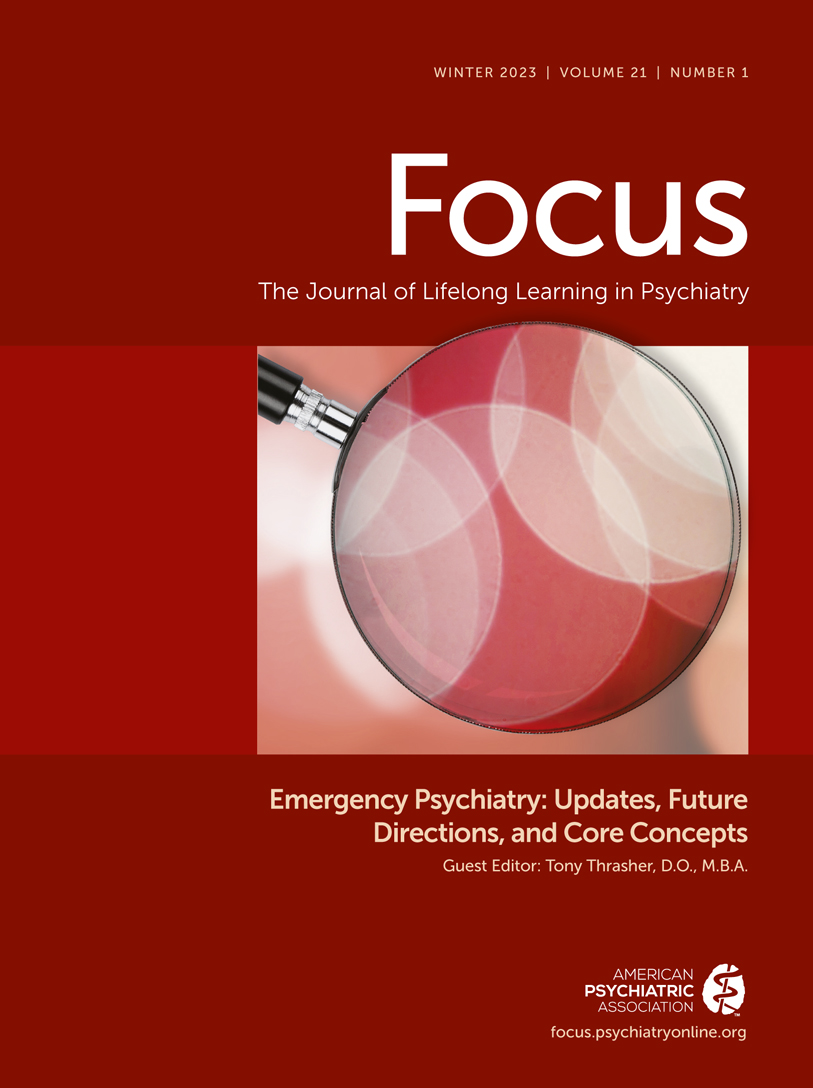Biofeedback and Treatment for Borderline Personality Disorder
Abstract
Empirically validated treatments for borderline personality disorder rely on fostering self-awareness of one’s internal experience for treatment success, yet these treatments do not include objective tools to assess self-awareness. Integrating biofeedback into empirically supported treatments provides a way to objectively measure physiological correlates of emotional states, thereby enhancing accurate self-assessment. By using biofeedback, individuals with borderline personality disorder may gain skills to increase self-awareness, improve emotion regulation, and enhance behavioral control. The authors propose that biofeedback can be used to objectively measure fluctuating emotional intensity, thereby facilitating structured self-assessment of emotions and enabling more effective use of interventions for emotion regulation; can be delivered by trained mental health professionals; and may even be considered as a stand-alone intervention replacing alternative, more costly, treatments.



